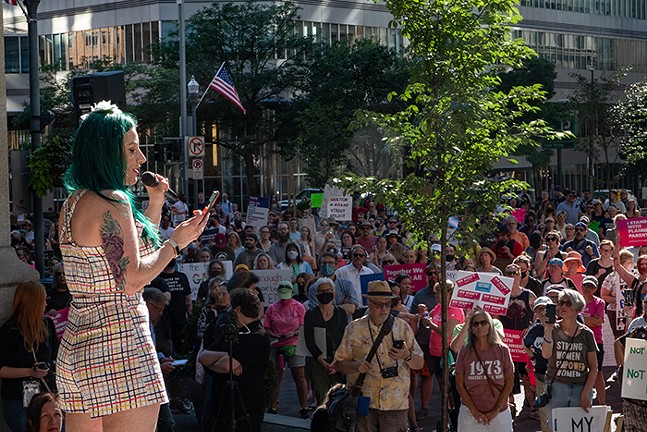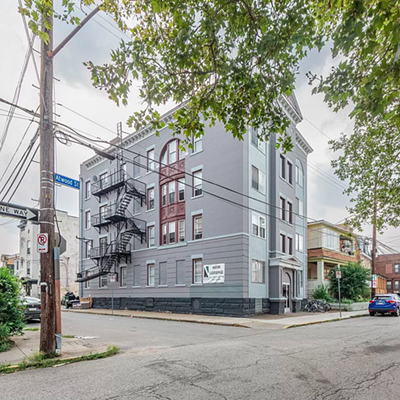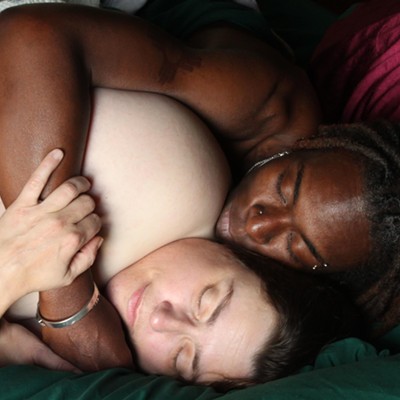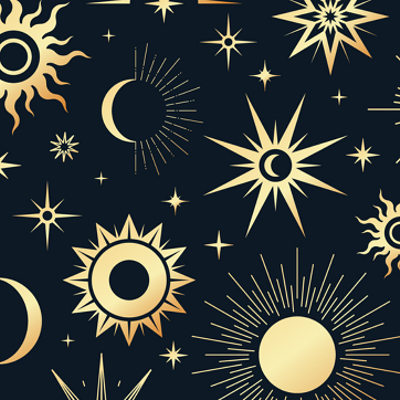
I turned 35 on the day before the U.S. Supreme Court overturned Roe v. Wade. My belated birthday gift was waking up on the morning of the ruling to bitter waves of sadness, hopelessness, and anger.
Although reproductive freedom activists, including myself, have known for years that this was coming, the decision still felt like a stab in the heart. Until that point, the right to have an abortion had been the law of the land for nearly 50 years. But, as a former employee of Planned Parenthood, I was perpetually reminded for years that the lifesaving care patients came to receive was continuously under threat of being taken away.
Liberal politicians treat abortion rights like a fundraising tool. Conservatives treat abortion rights as a wedge issue when one in four people will have or have had an abortion.
And I am one of them.
Within an hour of the news dropping, local activists organized a rally in Downtown Pittsburgh, and I was asked to speak. I grabbed my laptop and headed to my favorite coffee shop to start writing. The barista and I made eye contact when I walked in, and we both immediately started crying. She walked around the counter, and we shared a giant hug. I couldn't open my mouth without crying and didn't know what to say even if I could speak. I sat staring at my laptop for about an hour with only one sentence nailed down: I am so angry.
Within just three years of the 1973 Roe decision, conservative lawmakers, including U.S. Rep. Henry Hyde, did everything they could to create barriers for folks trying to access abortion; the Hyde Amendment, for example, barred Medicaid dollars from covering abortion. These and other TRAP laws (Targeted Regulations of Abortion Providers) implemented unnecessary waiting periods, admitting privileges, and building requirements in the name of "safety," even though abortion is a medical procedure that is 40 times safer than a colonoscopy.
Did the Supreme Court just take us back 50 years?
I decided to use my speech to share my abortion story because smashing the stigma around the common procedure is crucial in this fight. The thing is: I don't have a "good" abortion story.
I was not raped. It was not even medically necessary for my health. I simply found myself pregnant and didn't want to be.
I used to share this story in great detail, outlining the circumstances of how I got there, what my life looked like at the time, the physical and emotional feelings I had when I was pregnant, and so much more. In hindsight, I wasn't going into this detail only to make folks empathize; I was trying to justify the decision to myself, too.
Nowadays, I hold sacred that sharing my story is brief and to the point, with no added moral qualifiers or tugging on heartstrings, hoping the listener can find some empathy for me. At the rally, I kept it simple and told people I had an abortion, and it was OK if they had one too: full stop.
At Planned Parenthood, I witnessed a barrage of attacks as we worked through cumbersome regulations to ensure we didn't lose our government funding to provide crucial health care, battled waves of anti-choice bills, and fought President Trump's dangerous executive orders during his tenure. On top of that, nearly every day, walking into work meant wading through a group of protesters who made comments that ranged from patronizing to threatening.
But the fact is: all types of folks have abortions: Women, trans people, nonbinary folks, Christians, Muslims, atheists, parents, young people, older people, teachers, clergy members, spouses, and single people. And there are as many reasons as there are people who choose abortion.
You are the expert on your life and experiences. You deserve respect and understanding. Hiding something so personal and intimate, even from the folks with whom you are closest, gives that secret so much more power than it deserves.
I've heard from numerous folks in the last couple of days who are having conversations about abortion with people who are typically unplugged politically but are very disturbed by the overturn of Roe. If you feel you're in a safe situation to do so, share your story. Sometimes, people surprise you, and you may surprise them.
A few months after my abortion, I cried in the breakroom at work. I was in the process of a text break-up with a good friend because of the way they shamed me when I told them about my abortion. A coworker of mine came in and asked why I was crying. Feeling vulnerable, I let her know. She nodded and very matter-of-factly said, "You know, I had an abortion in my early twenties. And if I hadn't, I wouldn't have my two kids now." She walked out of the room, not realizing what a tremendous gift she'd given me.
Storytelling helps others feel less alone and creates so much space for others to own their story. Keep an eye out for folks who care, have empathy, and affirm the autonomy and agency of all people to make their own health care decisions. You might not only find an ally and supporter you didn't know about, but you may also spark belonging and acceptance for someone else.
Be someone your friends and loved ones can confide in. Everyone loves someone who's had an abortion.
Jessica Semler is a reproductive freedom activist and an Etna councilor. Follow her on Twitter at @JessWutYinzNeed.














